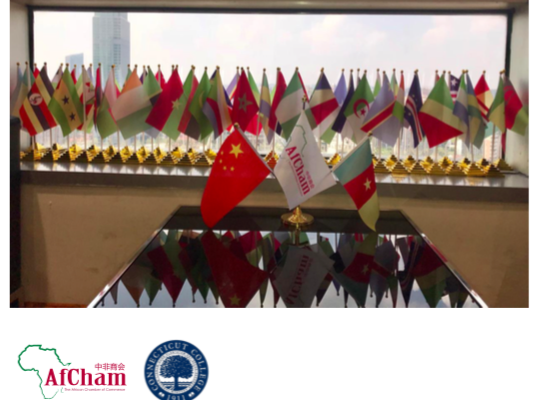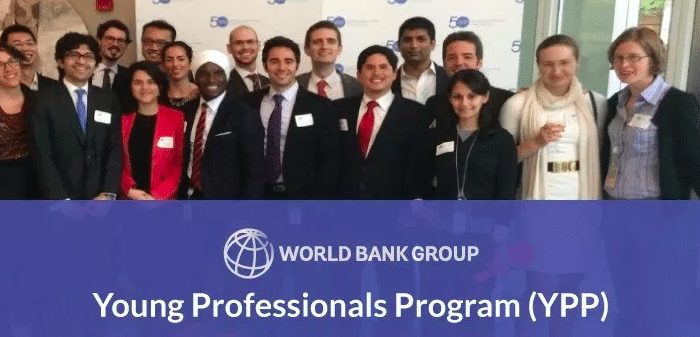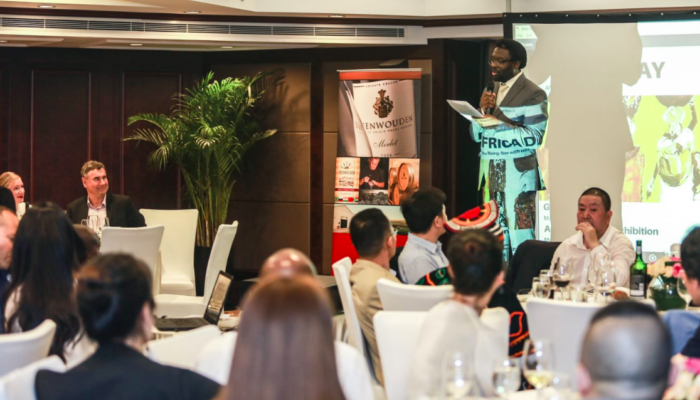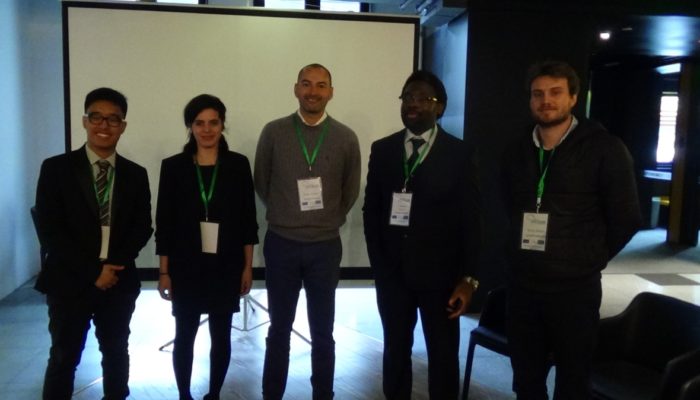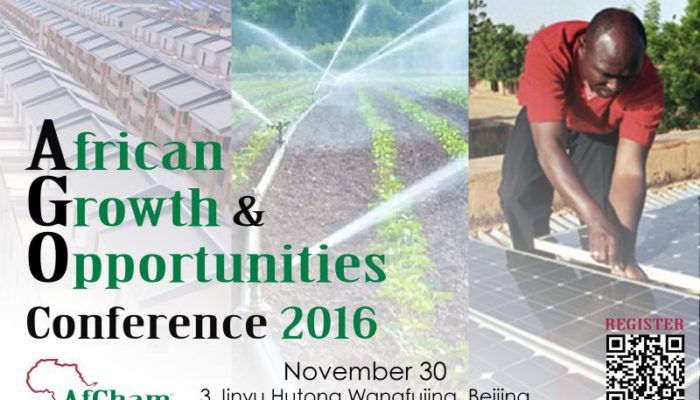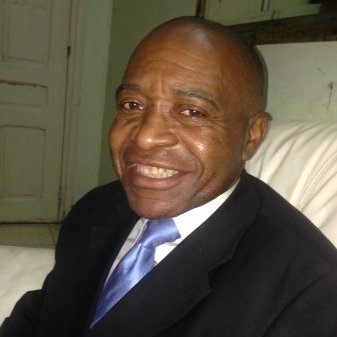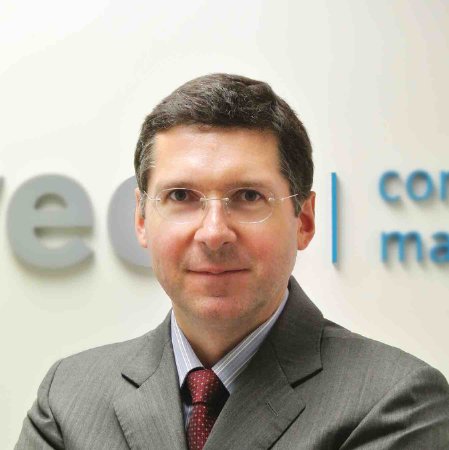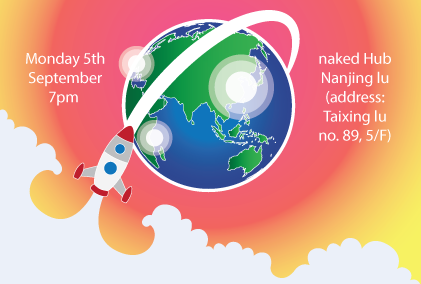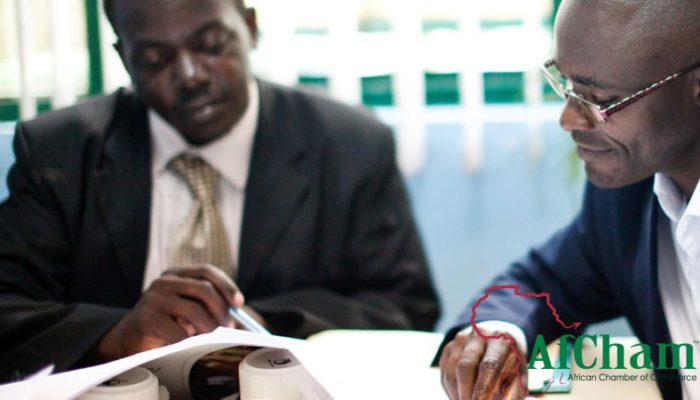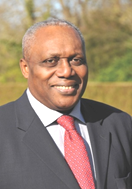This summer, I had a great opportunity to intern at the African Chamber of Commerce in China.
Even though I have been to Shanghai before, being able to work in the environment was very interesting. One thing that caught me by surprise was the dress code. While I came to China with my most professional clothes for work, most people were actually very casual and laidback.
My overdressing helped, though, when it came to conducting interviews for people to take me seriously so I saw it as a reward. There were very vibrant people in the office and I was even able to participate in out-of-office events that made living in Shanghai much more fun. Living in Shanghai alongside doing the internship was also a rewarding experience. It was very hot every day, but after the boiling sun went down, it was fun to go and see the lights of the city and meet new people in social settings.
My research that I conducted with AfCham also opened doors for me to meet new people and understand new ideas that led me to cities like Jinhua where I was able to attend the Cameroonian Students Association election dinner. Thank you to everyone that has made this experience worthwhile. If you participated in my research or you are interested in seeing the results, you can find attached to this article.
Written by Brandy Darling
Click on the following link for Brandy Darling research ” AFRICAN SCHOLARS: MADE IN CHINA”

